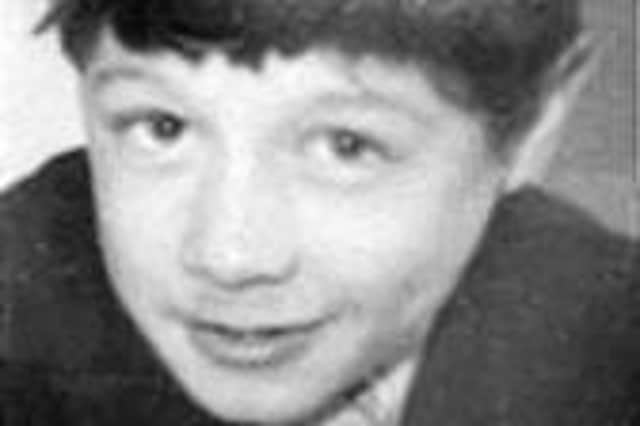Probe of soldier over killing of Derry teen Daniel Hegarty legally ‘tainted’, High Court told


Counsel representing the British Army veteran claimed failures to properly interview him under caution about the shooting of Daniel Hegarty undermined a new process carried out decades later.
Relatives of the victim are challenging a decision not to prosecute the ex-serviceman, known as Soldier B, for his alleged murder.
Judgment was reserved after two days of legal arguments.
Advertisement
Hide AdAdvertisement
Hide AdFifteen-year-old Daniel was shot twice in the head when the British Army moved into the Creggan area of the city on July 30, 1972.
The killing occurred during Operation Motorman, where troops were deployed to clear so-called no-go areas set up by republican paramilitaries at the height of the Troubles.
In 2011 an inquest jury unanimously found that the youth posed no risk and had been shot without warning.
Soldier B was to be prosecuted for Daniel’s murder and the intentional wounding of his 17-year-old cousin, Christopher Hegarty, in the same incident.
Advertisement
Hide AdAdvertisement
Hide AdBut in 2021 the Public Prosecution Service announced the charges were to be dropped.
The decision was reached after the trial of two former paratroopers accused of another Troubles-era killing collapsed.
Soldiers A and C were acquitted of the murder of Official Irish Republican Army (OIRA) man Joe McCann in the Markets area of Belfast in April 1972 after evidence deemed central to the prosecution was ruled inadmissible.
Deficiencies were identified in statements originally given to Royal Military Police in 1972 and to detectives from a legacy unit in 2010, including a failure to interview them under caution.
Advertisement
Hide AdAdvertisement
Hide AdLawyers for Daniel’s sister, Margaret Brady, contend the Public Prosecution Service acted irrationally because different circumstances applied in Soldier B’s statement and interview with the Historical Enquiries Team (HET) in 2006.
In counter submissions, judges were told the veteran’s statement was impermissible as he had not been cautioned about the specific alleged offence.
Mark Mulholland, King’s Counsel, for Soldier B, argued that all suspects enjoy a fundamental privilege against self incrimination, which can only be waived on a fully and properly informed basis.
Based on an association with the original, inadmissible evidence-gathering process, the barrister submitted: “This is a tainted statement made in October 2006.”
Advertisement
Hide AdAdvertisement
Hide AdHe added: “This is the fruit of the poison tree, the poison tree being the 1972 statement.”
According to Mr. Mulholland the process underpinned the potential unfairness to his client.
“It’s for the prosecution to prove that Soldier B knew (when) he made the 2006 statement that it was for the purpose of a criminal investigation into murder and that it could be used against him. That is absent here,” the barrister told the High Court.
“On any analysis the rational decision… is that there is no admissible evidence (with) a reasonable prospect of a conviction in relation to the 2006 statement,” he added.
Following closing arguments Lord Justice Treacy pledged to deliver judgment as soon as possible.